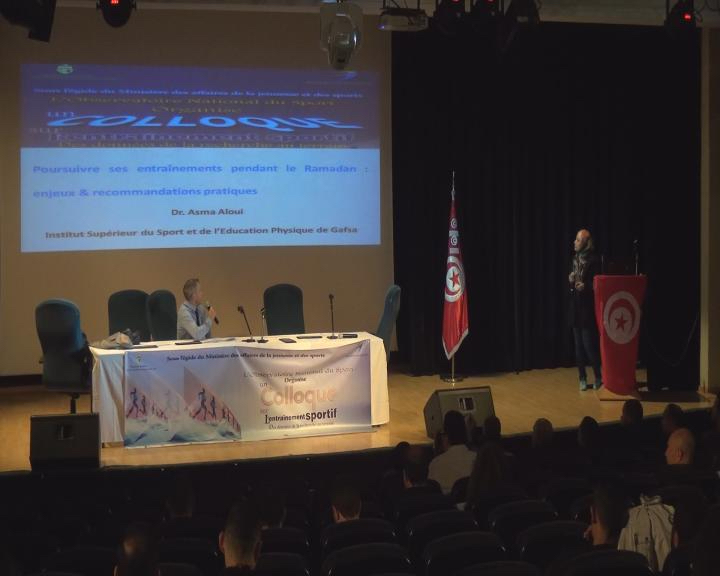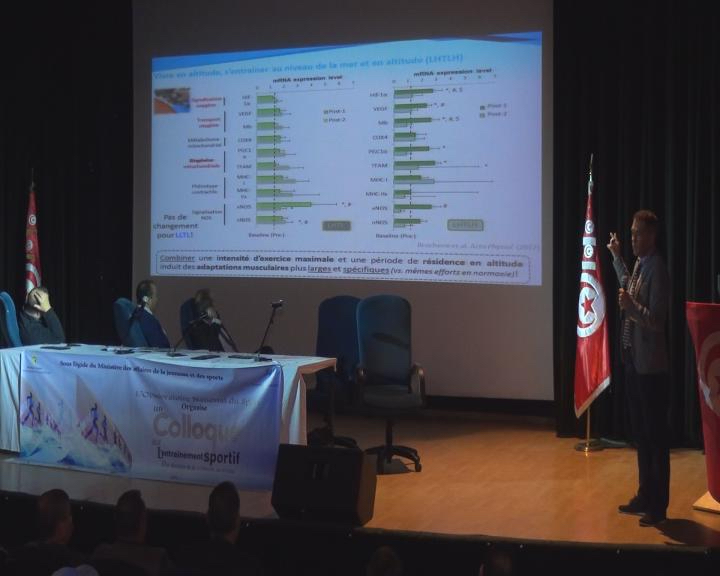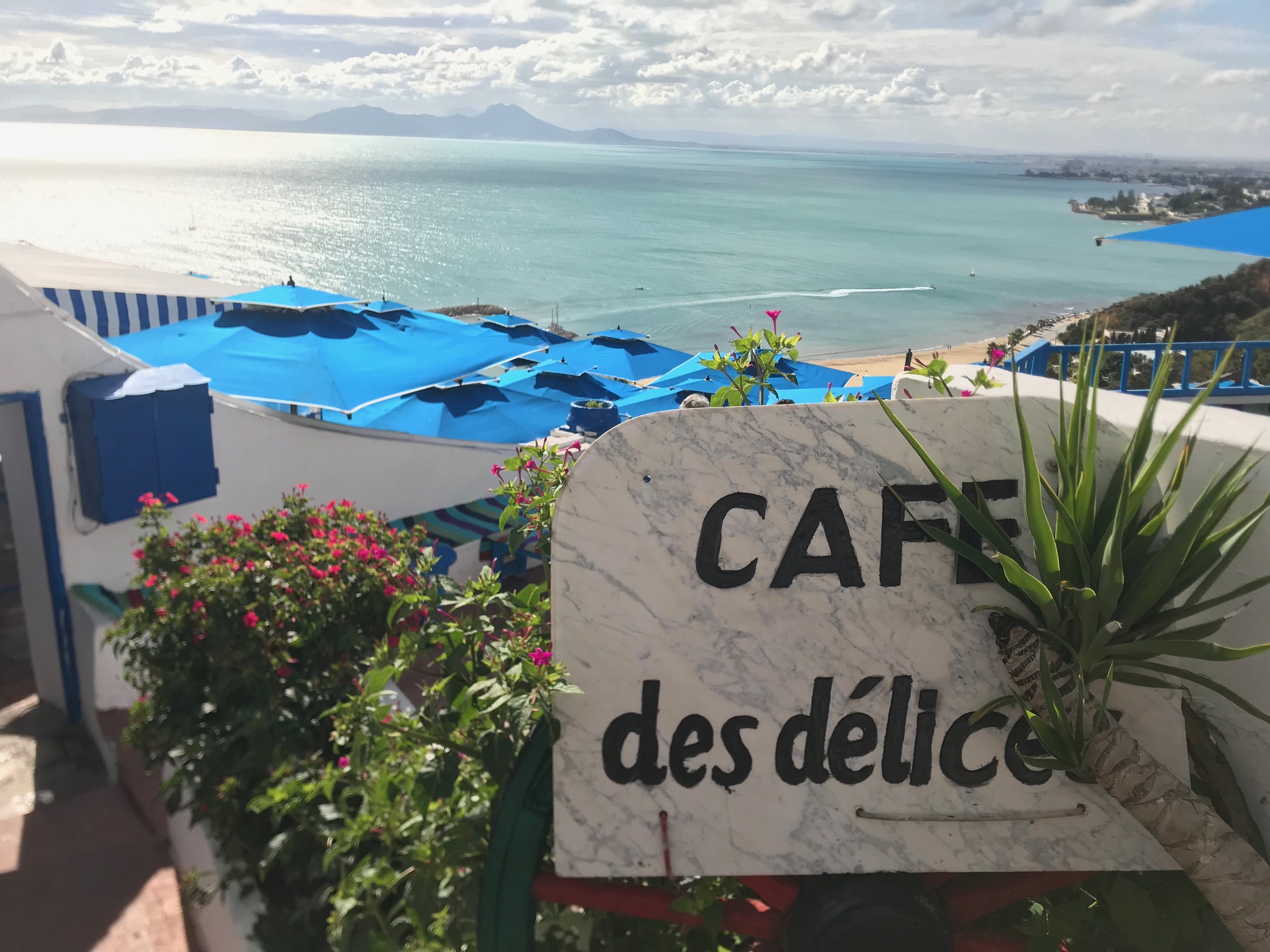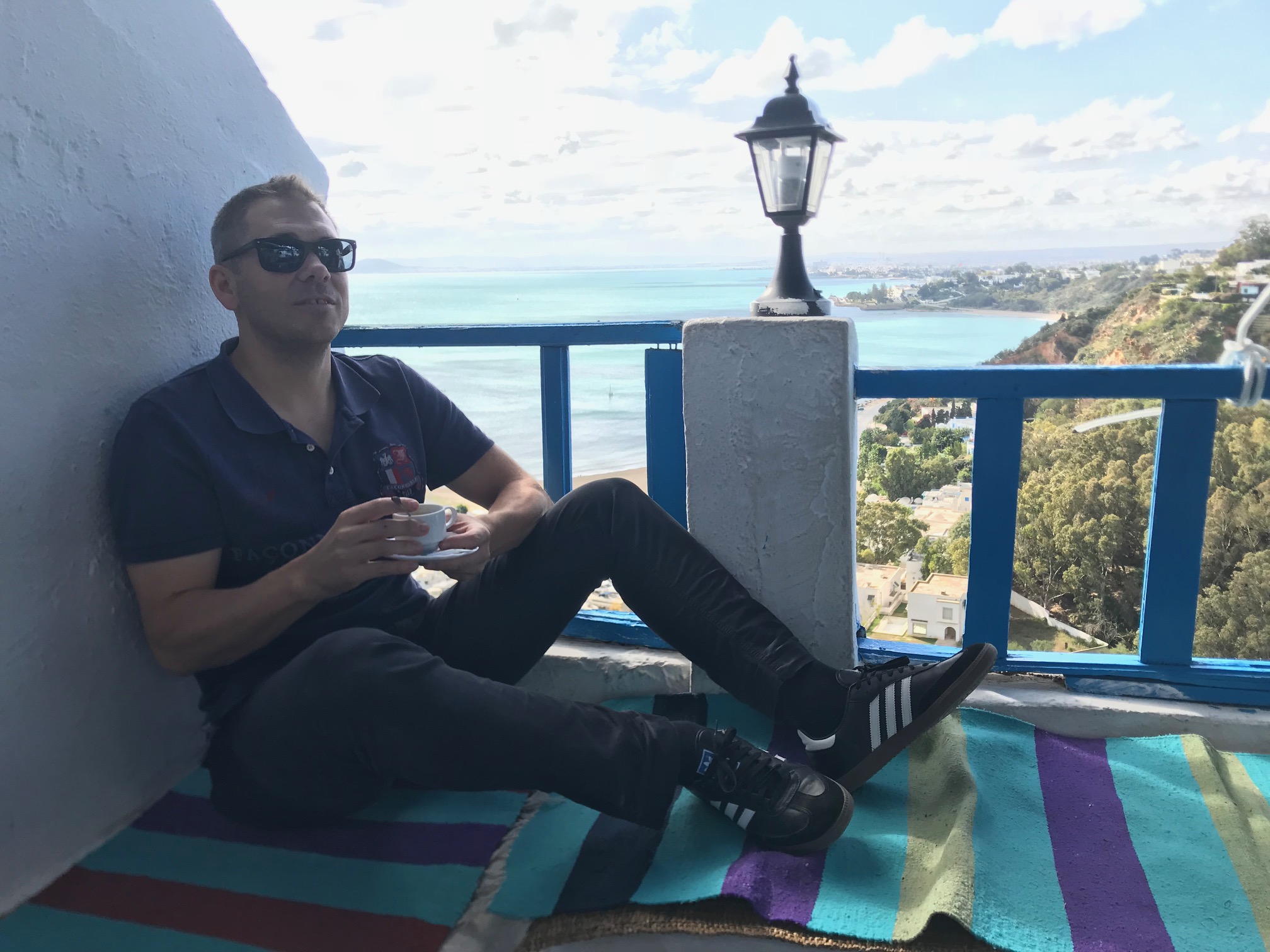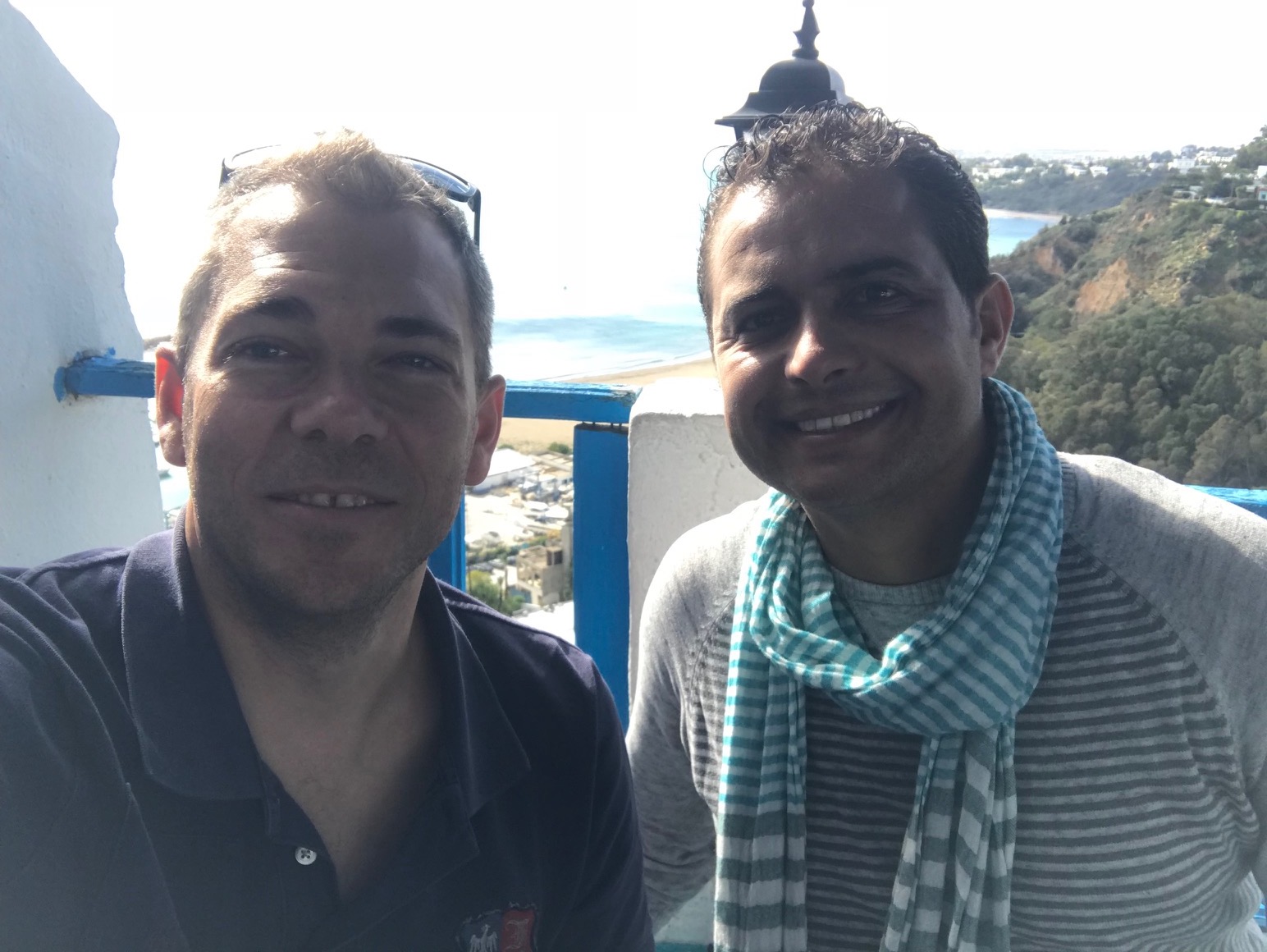Warm welcome by Yeo Wee Kian and his team for a 3-d research visit of INS discussing all things exercising / training at altitude including a practical workshop on implementation of repeated sprint training in hypoxia !
ESSA Sport Science Meet ups
Peter Fowler (Member Development Officer for Sports Science at ESSA) is working towards connecting the exercise & sport science community across Australia.
Together with Dr Carly Brade and Dr Paul Goods I’m acting as mentor for WA ESSA Meet Ups meeting. This represents a social, relaxed and open forum where ESSA members within each state can discuss the latest hot topics in Sports Science, share knowledge and network. Our first meeting took place at Western Australia Institute of Sport (WAIS) end of June 2019. The first topic of discussion was “The current state of the sports science industry”.
Join us for next topic discussion on “Recovery” in September at Curtin University !
2019 ECSS Environmental Physiology Special interest group meeting
Last annual conference of the ECSS was held in Prague. Great opportunity to catch up with colleagues and meet new ones. One of the conference highlight was the ECSS Environmental Physiology Special interest group meeting.
I was lucky enough to lead engaged discussion with five World experts with large practical experience around the burning question: “From the beach to the mountains: Should we train in hot or thin air for Tokyo 2020?”
The below questions formed the basis on our discussion:
A - CURRENT TRENDS AND PRACTICE
For which Olympic athletes might heat and/or altitude training be useful?
What type of heat exposure should be used? (exposure during and/or after the session)?
Altitude residence and/or training under hypoxic stress?
B - HOT TOPICS / DEBATES
Responders vs non responders?
How to define the “heat or hypoxic dose”?
Would a combination of methods be the most optimal? Proposed strategies?
C - BEST PRACTICE / IMPLEMENTATION
The majority of training benefits at sea level are accrued with adequate attention given to consistent training, suitable recovery/nutrition and skill development. How is this taken into account when training with heat stress / at altitude?
Periodization - What is the best timing of heat/altitude training (pre-competition, in-season) ?
Could heat/hypoxic training be implemented for rehabilitation purposes? To improve training responsiveness?
Spreading the word about the usefulness of altitude training for team sports in Tunisia
In November this year I spent 4 very pleasant days in Tunisia with the company of very welcoming colleagues from the National Sport Observatory in Tunis. They put together a rich 2-day program (09-10th November 2017) targeting latest updated regarding physical conditioning, recovery and sport nutrition. This event brought together a community of over 250 coaches, sport experts, policymakers and government officials, heads of team, athletes and students to build a roadmap for how training for Tunisian athletes has to be organised.
Together with Abd-Elbasset Abaidia and Sophie Vincent I was very grateful to be invited by Prof Nizar Souissi to deliver a keynote lecture. My talk was about innovation in the area of altitude training for team sports.
I really enjoyed the quality of the exchange with passionate professionals, especially during the 'practical session' with open questions/answers. Great initiative !
I also have to admit that a coffea at the famous 'Café des Délices' in the beautiful Sidi Bu Said village is an unforgettable experience. Many thanks Jihed !
An interview with Qatar Television (in Arabic)
Today I got the opportunity to talk to journalists from Qatar Television about our unique facilities at Aspetar. This includes our new hypoxic system to run the entire (25 rooms) altitude dormitories. Great experience! Interview is in Arabic.
PhD opportunity on hypoxic conditioning & obesity (Aspetar Hospital - Lausanne University)
Is walking in hypoxia an innovative strategy to combat obesity ?
A 3-year PhD research opportunity is now available at Aspetar Orthopaedic and Sports Medicine Hospital in Doha (State of Qatar) to try and answer this question !
The successful candidate will work with Dr. Olivier Girard (Research Scientist) within the Athlete Health and Performance Research Centre at Aspetar, Dr. Davide Malatesta (Senior Lecturer) at Swiss University of Lausanne and Dr. Ray Browning (Research Director) at Nike Sport Research Lab. All the supervisory team members have extensive experience quantifying, in an obese population, alterations in mechanical and energetic costs associated with walking.
This new international PhD program aims to provide a clinical validation of using hypoxia therapeutically for weight management/loss in obese individuals, improving outcomes beyond what is obtained today. Specifically, this program has two specific aims:
1) To identify the optimal hypoxic conditioning strategies (walking speeds and levels of hypoxia) that minimize joint loading and musculoskeletal discomfort/pain.
2) To evaluate the merits of combining hypoxic living and exercise training and investigate some of the biological mechanisms underpinning hypoxia-induced improvements in cardio-metabolic health and physical fitness.
Scholarship applications closing 15th September 2017.
Interested ? Click here for more information.
I'm happy to announce that today I have reached a milestone in my research career with > 100 research papers published in ISI peer-review journals with impact factor !
Below is a quick overview of my publications track:
My research interests include determinants of tennis performance (my passion), neuro-mechanical adjustments to repeated sprints under environmental stress (my long-standing interest) and more recently altitude training for elite athletes and therapeutic use of hypoxia in 'at risk' populations.
Obviously this will not have been possible without the help of my co-authors ... before all research is a human adventure so thank you ! A special mention to my PhD supervisors and all my colleagues and friends from France, Switzerland and Qatar and from all around the world!
I'm looking forward to continue working closely with you all in the near future as it is a lot of fun !
German Tennis Federation Award at ECSS 2017
Congratulations to Danielle Gescheit (AUS) for winning the German Tennis Federation Award at ECSS MetropolisRuhr 2017 (GER).
Danielle's presentation was about "Measures of Load and Injury in Tennis: Are there Relationships?"
Authors: Gescheit, DT., Cormack, SJ., Duffield, R., Kemp, J., Kovalchik, S., & Reid, M.
The international jury was composed of officials from the German Tennis Federation and colleagues - Prof. Alex Ferrauti (GER), Dr. Jaime Fernandez Fernandez (SPN), A. Prof. Rob Duffield (AUS) and myself - who are world leaders in the tennis-related research.
A total of 17 applications were received and selected 12 young scientists competed for the award by delivering excellent presentations. Some of the topics were tennis serve biomechanics, GPS use, health benefits of tennis and playing tennis in the heat.
Congratulation to all applicants for the quality of their work and bringing new perspectives to improve performance and health of tennis players !
Fellow European College of Sport Science
It is my great pleasure and an honour to become a fellow of the European College of Sport Science (ECSS) !
The ECSS annual conference offers the highest-level scientific programme in sports science. Accordingly, I have had a strong representation since 2004 when I was a PhD student myself. Since then I have delivered over 3o presentations, either as lead presenter (>50%) or collaborator.
I have also contributed to the congress programme by organizing in 2015 an invited session sponsored by Aspetar aiming to update our current knowledge about “Recent developments in altitude and hypoxic training”. Along with chairing the symposium, I have chaired more than ten other oral/poster/mini-oral sessions since 2012.
This year I am excited to contribute further to the ECSS annual congress by various actions. Firstly, I have been invited to deliver the talk “Best practices in altitude training for team sports” in the invited session “Hot topics in altitude medicine and altitude training”. Secondly, I will have a mini-oral presentation (Repeated sprinting on third-generation artificial turf does not alter plantar loading in International male football players using a fatigue inducing protocol), while one of my former PhD student will also give an oral presentation (Does “Live high-train low and high” hypoxic training alter running mechanics in elite team-sport athletes?). Thirdly, I have been invited to become a member of the jury panel of the 2017 German Tennis Federation Tennis Award. Finally, I will also be chairing 4 sessions.
In the future, I look forward to representing the ECSS in Qatar and promoting its journal (European College of Sport Science) and congress to a wider audience.
If you want to learn more - just click here !
Beijing Sports University 2017 International Altitude/Hypoxia Training Symposium
The Sport Science Research Center of Beijing Sport University (BSU) hosted the 6th BSU International Altitude/Hypoxia Training Symposium from 15th to 17th May 2017 in the vibrant city of Beijing (China).
I was invited to the BSU conference as a keynote speaker to talk about “Sprint performance and hypoxia: For worse or better ?”. In my presentation I covered the following aspects: 1) The use of hypoxia by ‘sprint’ athletes’; 2) Sprint performance in acute altitude with a special focus on sprinting mechanics, 3) Updated panorama of hypoxic/altitude methods (live high training low and high, repeated sprints in hypoxia and interventions using local hypoxia, 4) Future research directions, in particular, combining heat and hypoxia or therapeutic use of hypoxia. A special tanks to Dr Bing Yan for the excellent simultaneous, English-Chinese translation.
Others great talks were given by other colleagues. Click here to access the conference program!
In addition to my visit of world-class hypoxic facilities including 21 altitude dormitories and a large hypoxic chamber for training/testing purposes, I had the opportunity during my 6-day stay to meet with staff/officials (Dr Hu Yang) as well as with the numerous students of the institute. Great people, great food and a lot of fun!
Thanks to them I also got a chance to visit busy Beijing and the Forbidden City but also breath-taking Great Wall.
I’m looking forward to BSU growth in the near future and the meaningful contribution of staff/students to our sport sciences community. They are promising research scientists with great passion for hypoxic research!
Here is a link to learn more about their activities: http://en.bsu.edu.cn/research/sportscienceresearchcenter/index.htm








